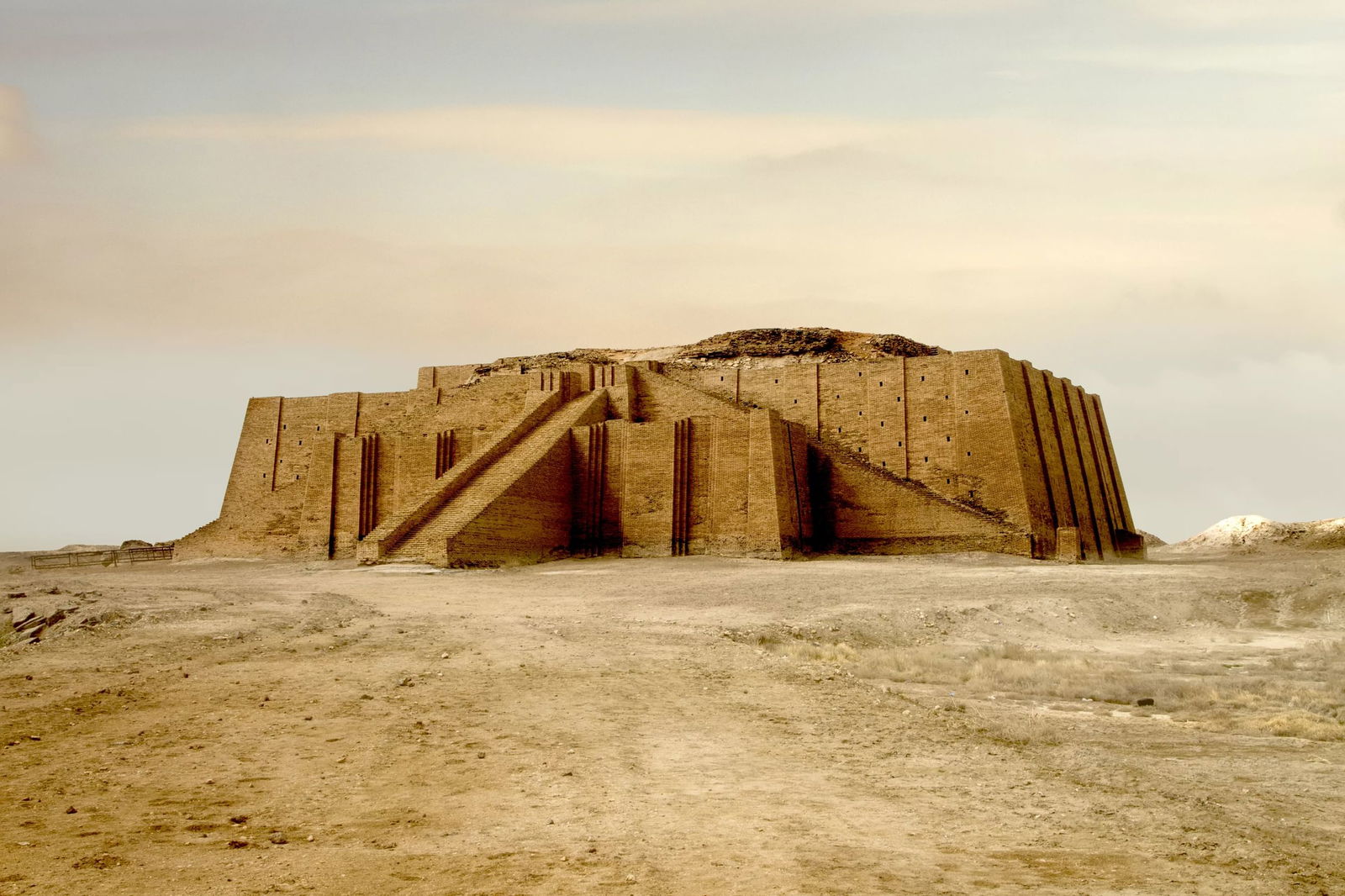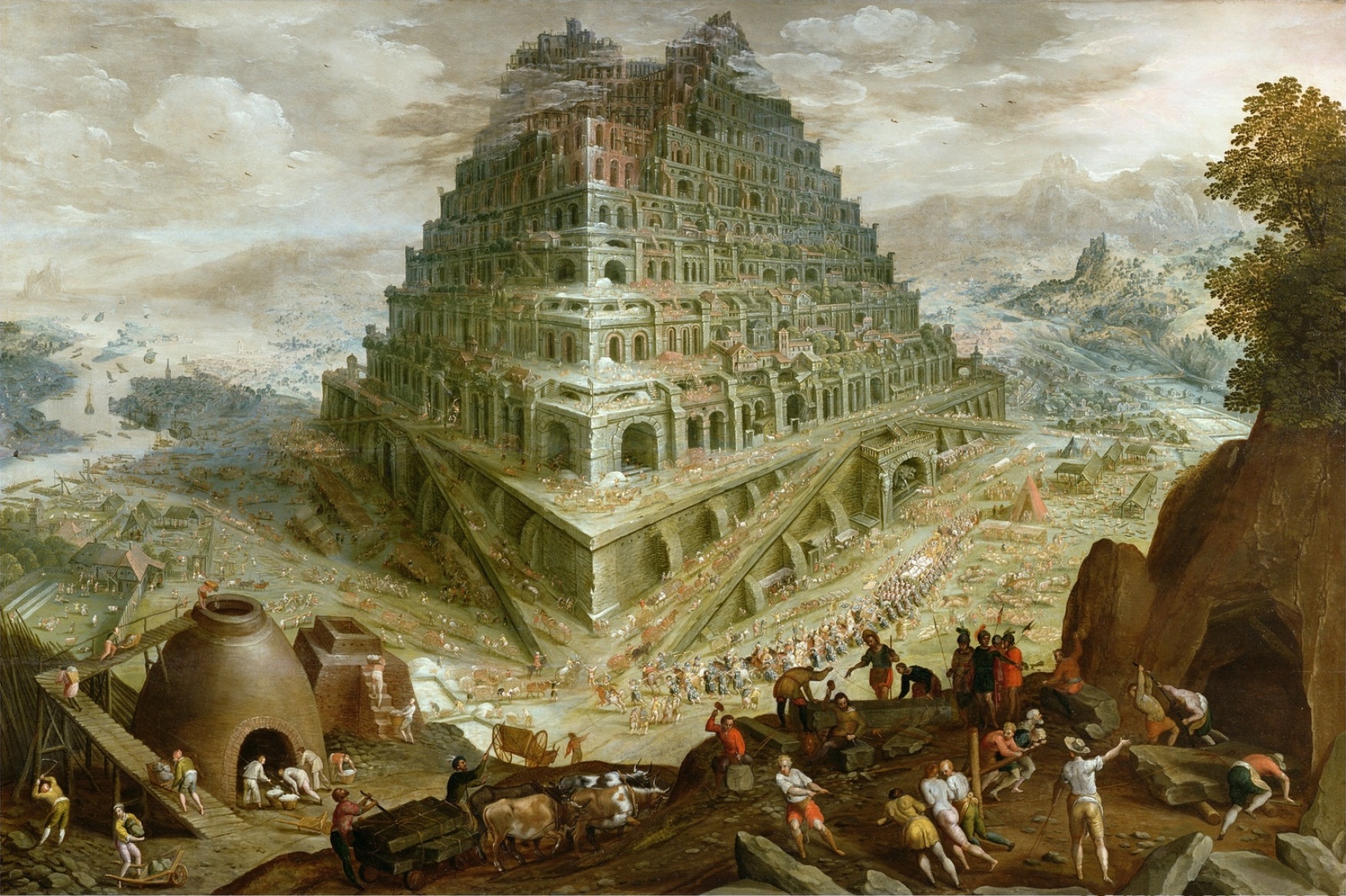

Still today, the struggle that took place at the Tower of Babel continues in our hearts. The Tower of Babel reinforces the universal truth that trying to do things without God always results in despair look at the stories of Adam and Eve, Cain and Abel, Noah, and now the Tower of Babel. As we will see later in Genesis, God’s act of mercy at the Tower of Babel preserved a people for himself who would set aside their pride and seek Him. This city was referred to as Babel which means confusion. Consequently, He confused their language, which “scattered them all over the world, and they stopped building the city” (Genesis 11:8). He knew that if these prideful people were left to their own devices, they would eventually destroy themselves if they remained together, they’d continue to rely on their own self-effort instead of Him. Not giving them what they wanted was an act of mercy by God. In disobedience to God, the descendants of Noah didn’t want to scatter as God had commanded them.


The Confusion of Tongues by Gustave Doré, a woodcut depicting the Tower of Babel They wanted to make a monument for themselves instead of for God.

Mankind wanted to elevate their own name instead of God’s name. It isn’t human innovation that concerns God it is man’s heart behind the innovation that concerns God. I mean God is God, right? Was He really worried about us building a tower? But that isn’t it at all. Part of me wondered why God felt so threatened by mankind that He had to confuse their language. This piece of the story used to puzzle me. Then they won’t be able to understand each other.” (Genesis 9:6-7) After this, nothing they set out to do will be impossible for them! Come, let’s go down and confuse the people with different languages. When God came down to observe the city and the tower, He said: “Look! the people are united, and they all speak the same language. They knew what God had commanded them to do, but in their pride, they thought they had found a better way. Through their own efforts, they wanted to reach God: they desired to make a name for themselves. They said to each other, “Come, let us build ourselves a city, with a tower that reaches to the heavens so that we make a name for ourselves otherwise we will be scattered over the face of the whole earth” (Genesis 11:4). This innovation empowered men to build bigger and higher than ever before, and as a result, they resolved to build a tower to heaven. People had found a new way of building with bricks instead of stones. Doing as God instructed, Noah’s descendants moved eastward for a while, but soon stopped and settled in the plains of Shinar, disobeying God’s earlier command to “fill the earth.” Human Ingenuity and Pride Right after the flood, God “blessed Noah and his sons, saying to them, “Be fruitful and increase in number and fill the earth” (Genesis 9:1). People were becoming more and more self-sufficient, and because of this self-sufficiency, they began to believe that they didn’t need God they began to believe that they could make a name for themselves. During the time of the Tower of Babel, the entire earth had one language and one speech (Genesis 11:1). God, through the flood, had given mankind another chance to make things right, yet not 100 years later, humanity had once again begun to turn from its Creator.


 0 kommentar(er)
0 kommentar(er)
